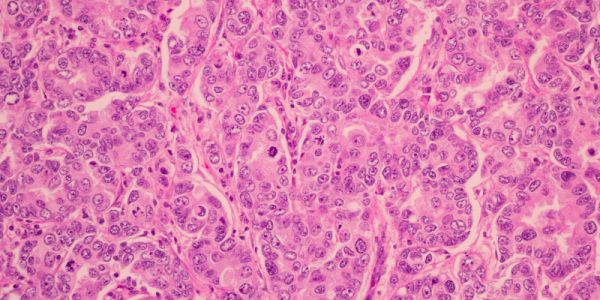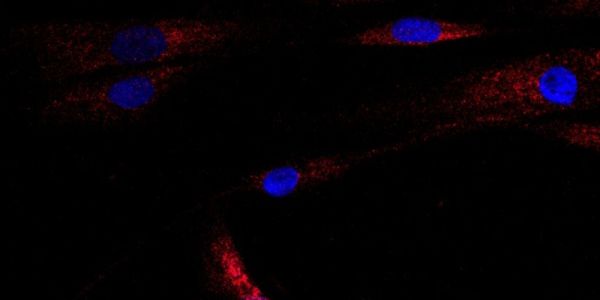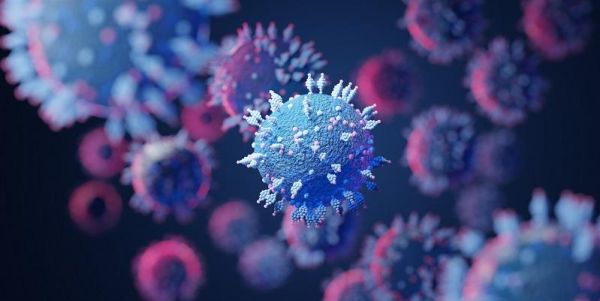
Using AI to detect cancer from patient data securely
A new way of using artificial intelligence to predict cancer from patient data without putting personal information at risk has been developed.

A new way of using artificial intelligence to predict cancer from patient data without putting personal information at risk has been developed.

Without significant increases in the speed and ambition of climate action, limiting global warming to 1.5°C will be beyond reach, according to a major international report published today.

Increased levels of blood fats in people with type 2 diabetes and obesity are more harmful than previously thought, a new study has found.

An astrophysicist at the University of Leeds has been awarded a five-year fellowship to answer one of the most fundamental questions in science – how do planets form?

A Leeds expert has called on the Government to tackle weight stigma and introduce long-term policies that recognise the chronic nature of obesity.

A new type of ultraviolet light can efficiently kill airborne microbes, such as those which cause COVID-19, a study has found after successful trials.

Engineers and scientists have paved the way for a robot that can reach some of the smallest bronchial tubes in the lungs – to take tissue samples or deliver cancer therapy.

People are now routinely using their cars less and walking more since the first COVID-19 lockdown, according to new research.

Hundreds of newly diagnosed bowel cancer patients in Yorkshire will have the opportunity to take part in two international clinical trials.
Statement from Vice-Chancellor Professor Simone Buitendijk on the Russian invasion of Ukraine.